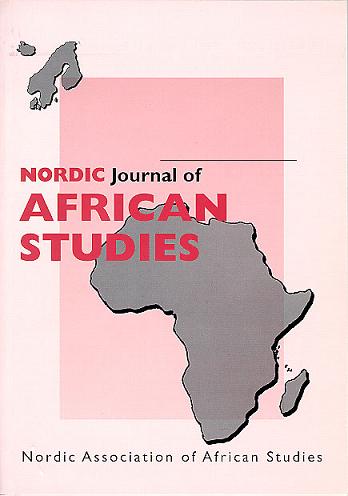
Published 2007-03-31
How to Cite
Abstract
Most scholars of Yoruba hand woven textiles have often concluded that the women wove merely for domestic purposes while their male counterparts wove as professionals. This paper proposes a contrary thesis by analyzing and discussing the functions of Yoruba women’s hand woven textiles by submitting that the cloth produced by women went far beyond satisfying domestic needs and that the women’s weaving activities were rather complementary to their men rather than subordinate. In contemporary Nigeria the women still dictate and influence fashion trends and at the same time ensure that the traditional hand woven cloth is always a part of the Yoruba fashion. It observes that despite Nigeria’s colonial experience by importing cheaper foreign textiles women still kept traditional textiles alive through their production, use, sale, and marketing.
